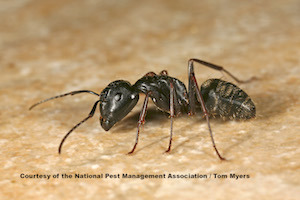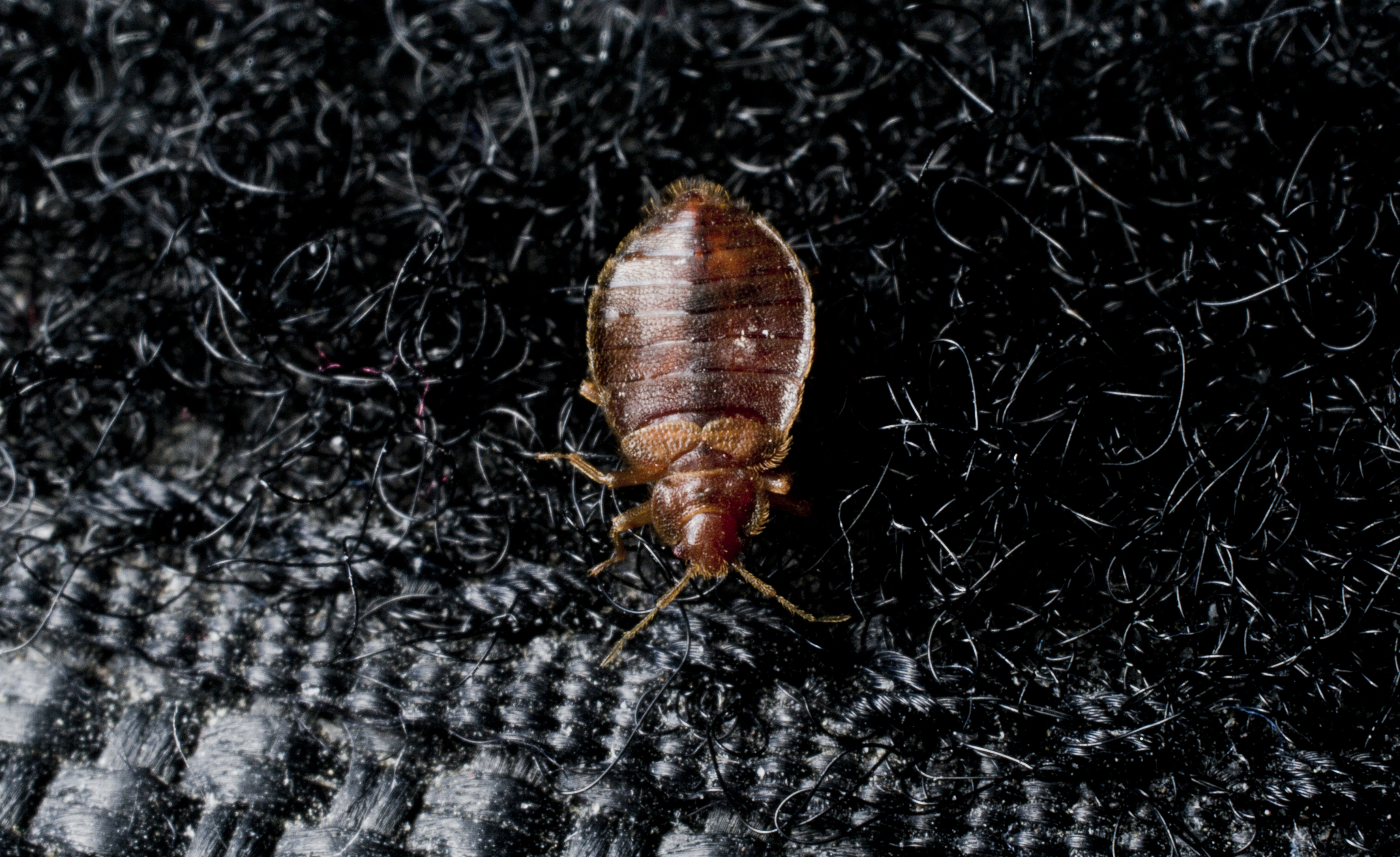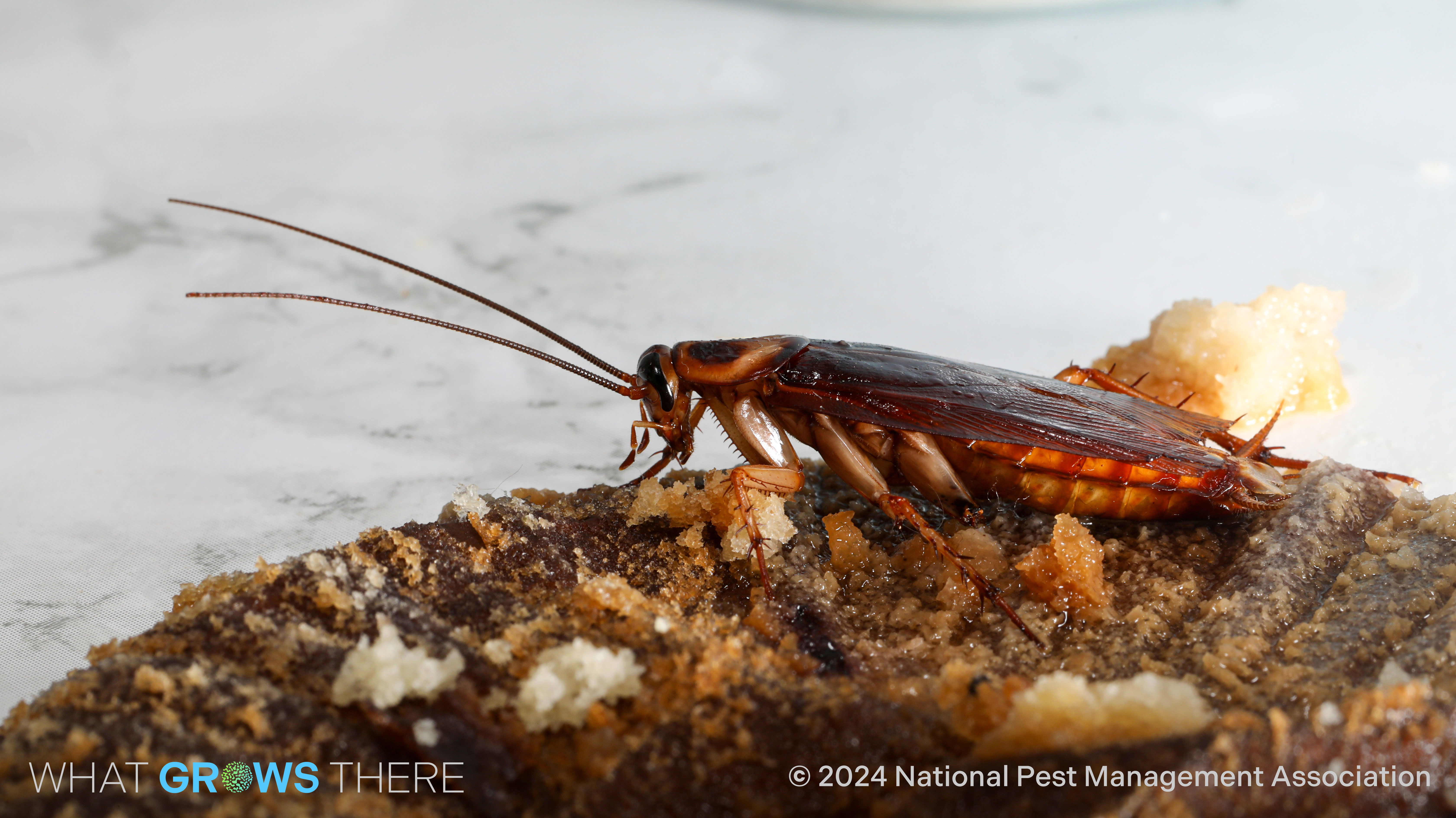Invasive Species Making Their Mark Across the United States
The National Pest Management Association (NPMA) Shares Top 5 List of Invasive Pests
FAIRFAX, VA (October 28, 2019) – Invasive species are on the move across the U.S., causing property and agricultural damage, and even presenting new health threats to Americans. The National Pest Management Association (NPMA) identified the top five species spreading across the U.S. and what people can do to prevent or eliminate these pests.
“Invasive species are particularly problematic because they have no known predators in the environments they invade and can multiply and spread rather quickly,” says Cindy Mannes, vice president of public affairs for NPMA. “These species can cause millions of dollars in crop and property damage each year and public awareness and help is needed in order to help stop the spread of these pests.”
Brown Marmorated Stink Bugs
First arriving in 1996, brown marmorated stink bugs are native to Asia but are now found in 44 states across the U.S. Stink bugs release a notoriously unpleasant odor when crushed, hence their name. To keep this bug out of your home, patch holes in door and window screens and vacuum up any bugs found inside the house.
Asian Long-horned Ticks
First spotted in 2017, the Asian long-horned tick also came to the U.S. from Asia, where it is known to transmit deadly diseases to both livestock and humans. This tick has been known to carry bacteria and pathogens associated with diseases such as Lyme disease, Japanese spotted fever and SFTS (Severe Fever with Thrombocytopenia Syndrome). To protect against ticks, use insect repellent containing at least 20 percent DEET, wear long clothing when possible, and perform tick checks after spending time in wooded or overgrown, grassy areas.
Spotted Lanternflies
Spotted lanternflies were initially reported in Pennsylvania in 2014 and have subsequently spread to New Jersey, Delaware, Virginia, New York, Connecticut and Massachusetts. These pests pose a significant threat to various agricultural industries as they feed on the sap within many trees and plants. They also lay egg masses on trees, rocks and outdoor furniture. Contact your local Department of Agriculture to report a sighting and any migration of this invasive species.
Red Imported Fire Ants (RIFA)
Red imported fire ants (RIFA) were first spotted in Alabama in 1933, and are now found throughout the southern and western U.S. They will attack humans who disturb or threaten their nest, biting and stinging their victims. To protect against these invasive ants, seal all structural cracks and crevices to keep them from gaining entry.
Formosan Termites
The Formosan termite is originally from China but can now be found across the southern United States. These destructive pests aggressively chew through wood, flooring and wallpaper and are the most destructive of the 2,000 known termite species. Homeowners living in the southern U.S. are strongly encouraged to have annual professional termite inspections to help protect against termite damage.
NPMA recommends anyone who suspects an invasive pest infestation immediately contact a licensed pest control professional. A trained professional can identify the species and recommend a course of action to deal with the infestation before it becomes a greater problem.
###
About the National Pest Management Association
The NPMA, a non-profit organization with more than 5,500 members, was established in 1933 to support the pest management industry's commitment to the protection of public health, food and property from the diseases and dangers of pests. For more information, visit PestWorld.org or follow @PestWorld on Facebook, Twitter, Pinterest and YouTube.

Learn About Ants
Ants are a common pest homeowners struggle to eradicate. Learn more about them!

Bed Bug Pest Guide
Traveling for the holidays this year? Be sure to keep an eye out for bed bugs! Use our Pest Guide to help identify this pest.

NPMA's What Grows There? Project
Check out NPMA's What Grows There? project to learn how pests, such as flies, cockroaches and rodents, can spread germs throughout a home.

About the National Pest Management Association
The NPMA, a non-profit organization with more than 5,500 members, was established in 1933 to support the pest management industry's commitment to the protection of public health, food and property from the diseases and dangers of pests. For more information, visit PestWorld.org or follow @PestWorld on Facebook, X, Pinterest, TikTok and YouTube and @PestWorldOfficial on Instagram.

Learn About Ants
Ants are a common pest homeowners struggle to eradicate. Learn more about them!

Bed Bug Pest Guide
Traveling for the holidays this year? Be sure to keep an eye out for bed bugs! Use our Pest Guide to help identify this pest.

NPMA's What Grows There? Project
Check out NPMA's What Grows There? project to learn how pests, such as flies, cockroaches and rodents, can spread germs throughout a home.
